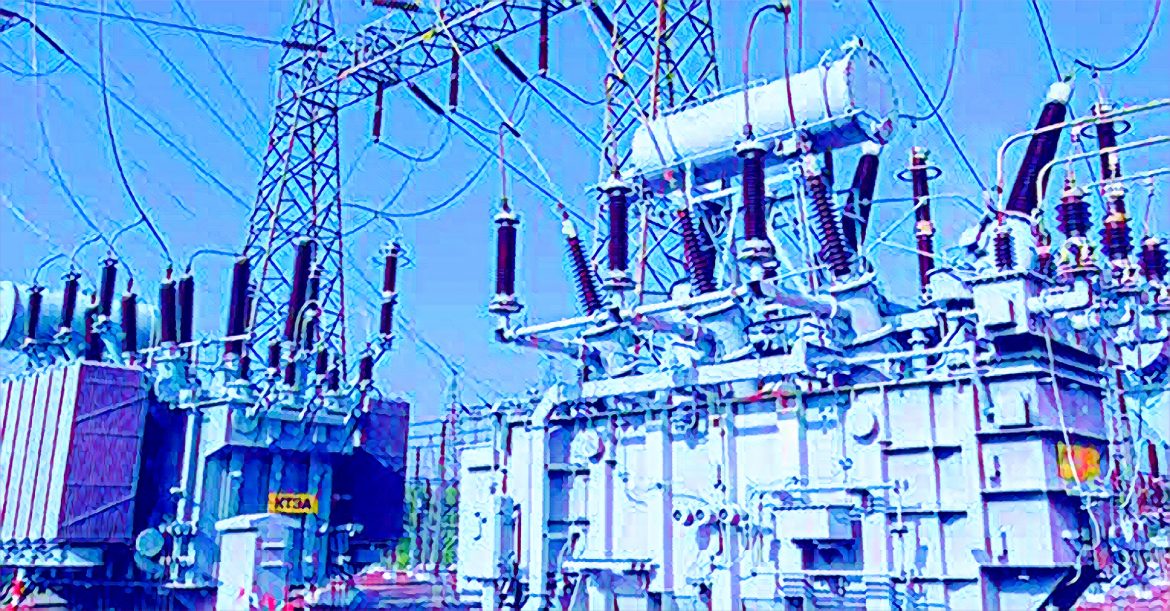KEY POINTS
- NEC establishes a committee to implement the National Electrification Strategy.
- Shettima emphasizes electricity as vital for MSMEs and economic growth.
- SAPZ program expands to enhance agro-industrial productivity across Nigeria.
The National Economic Council (NEC) has intensified efforts to address Nigeria’s persistent power grid collapses by implementing a National Electrification Strategy and forming a committee to tackle challenges in the power sector.
Speaking during a Council meeting at the Presidential Villa in Abuja on Thursday, Vice President Kashim Shettima emphasized that access to electricity is a fundamental right and a cornerstone of economic growth.
Shettima, who chairs NEC, described electricity as “the oxygen of economic growth,” urging stakeholders to prioritize energy infrastructure to drive productivity, especially for small and medium-sized enterprises (MSMEs).
New electrification committee to drive reforms
The newly established National Electrification Committee, chaired by Cross River State Governor Bassey Otu, will deepen state-level engagement with the Electricity Reform Act 2023 and oversee the National Electrification Strategy.
Members of the committee include governors from Katsina, Gombe, Osun, Imo, and Plateau states, alongside key federal ministers, advisers, and heads of energy agencies such as the Rural Electrification Agency (REA) and the Niger Delta Power Holding Company.
According to a report by Vanguard, Ondo State Governor Lucky Aiyedatiwa explained that empowering states under the reform act will make electricity more accessible and affordable, ensuring tailored solutions for regional energy needs. The initiative aims to promote a diversified and reformed electricity system to better serve Nigerian households and industries.
Advancing creative industries and economic growth
During the meeting, Shettima also highlighted the potential of Nigeria’s creative industries to redefine the economy, noting how global demand for Nigerian music, films, and cultural heritage presents new revenue streams and job opportunities. “Our creative industries are not just symbols of our soft power but engines of economic growth,” he said, calling for policies to harness their potential.
Additional council updates
NEC reviewed Nigeria’s financial accounts, revealing balances as of Nov. 20, 2024:
- Excess Crude Account: $473,754.57
- Stabilization Account: ₦33.3 billion
- Natural Resources Account: ₦26.8 billion
The Council also discussed the Special Agro-Industrial Processing Zones (SAPZ) program, currently underway in eight states, with plans to expand under a $1 billion financing arrangement. States were urged to support the program, which aims to enhance agro-industrial productivity and attract private-sector investment.
Additionally, NEC received a proposal from the Minister of Finance requesting ratification for appointments to the governing council of the Nigeria Sovereign Investment Authority (NSIA), which oversees sovereign wealth fund management.
Vice President Shettima concluded by urging collaboration among stakeholders to implement transformative strategies, with a focus on electrification, creative industries, and agriculture.



